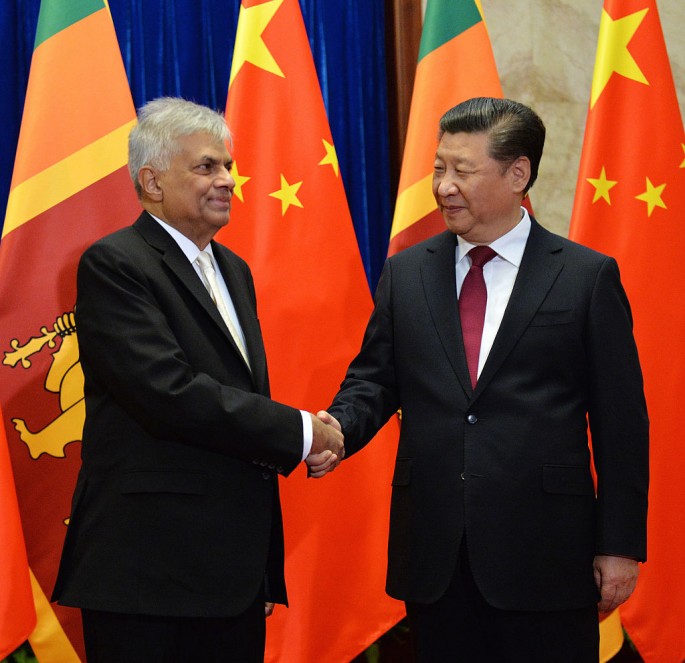An Internet and social media-tracking website revealed the extent of China’s censorship as the country’s Great Firewall blocked two major media outlets due to their commentaries on Chinese President Xi Jinping.
According to the New York Times, GreatFire.org identified The Economist's website and mobile application to have been completely blocked from being accessed in the country since April 2 and remained restricted from access to those in China at about 78 percent.
Sharing the news over Twitter, the website said it was The Economist's cover with the text "Beware of the Cult of Xi" that got them blocked from being accessed in China for the first time.
Aside from the website and the mobile app, several WeChat accounts managed by the outlet were also suspended.
In the same manner, Great Fire also showed suspicious activity when netizens tried to access Time magazine online that featured the Chinese president's tightening control over the country's politics.
The magazine's cover, which was shared by Twitter user Tom Phillips, featured President Xi's images juxtaposed over the image of the founding father and first chairman of the People's Republic of China, Mao Zedong.
"He has retreated into the world of Mao: personality cults, plaudits to the state sector and diatribes against foreigners supposedly intent on destroying China," Time writer Hannah Beech wrote.
Xi's crackdown on government and private personalities in line with his anti-corruption campaign was featured by the media outlets, both of which cited how the Chinese president also embarked on making sure that local and foreign media remain in line with his campaign.
According to The Economist's Beijing Bureau Chief John Parker, the censorship was unexpected because he believes that he acted appropriately when the Ministry of Foreign Affairs expressed their "displeasure" about the article.
"The Economist Group," the outlet's umbrella company, as well as its consulting arm, "The Economist Intelligence Unit," were both still operational as of press time.



























